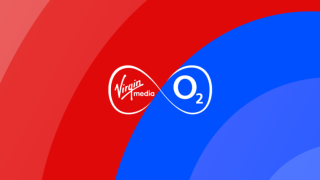The need for faster uplink speeds is growing due to both existing and emerging use-cases, including live-streaming and video calls. Carrier aggregation ensures reliability and high performance as demand and data usage continue to rise. It also optimises spectrum assets and delivers greater energy efficiency.
“Carrier aggregation will be key to delivering the very best 5G experience to our customers, with this latest trial in partnership with Nokia demonstrating significant performance increases in terms of uplink speeds," said Greg McCall, chief networks officer at BT Group.
"This builds on last year’s success of achieving 4CA in 5G SA downlink, and we look forward to achieving further milestones in this space as we continue to progress towards 5G SA.”
The news follows BT and Nokia's 5G SA 4CC CA downlink announced last year. By achieving both 5G SA 2CC CA uplink and 4CC CA downlink at the same time, BT can deliver improved connection performance by increasing throughput and capacity, with the potential to expand uplink performance in the future.
“This successful trial with our long-standing partner BT, is another great example of Nokia’s unrivalled leadership in 5G carrier aggregation technology," said Mark Atkinson, SVP of radio access networks, PLM at Nokia.
"Multi-component carrier aggregation helps mobile operators to maximise their radio network assets and provide the highest 5G data rates to subscribers in more locations.”
The tests were carried at BT Group’s facility in Adastral Park, UK, using Nokia’s 5G AirScale portfolio and a device powered by a Snapdragon 5G Modem-RF System from Qualcomm Technologies. Speeds of over 230Mbps in the uplink were reached as well as over 1 Gbps in the downlink.
“We are proud of our continued collaboration with BT to bring our latest 5G technologies to consumers. 2CC uplink carrier aggregation is expected to improve uplink speeds by up to 2X, to give a better user experience overall," said Enrico Salvatori, senior vice president and president, Qualcomm Europe/MEA, Qualcomm Europe.
"Consumers would potentially be able to upload and share higher quality videos faster online, such as when attending concerts and when watching and streaming games online."






